The Undercover Economist
Exposing Why the Rich Are Rich, the Poor Are Poor and Why You Can Never Buy a Decent Used Car!
Number of pages: 276
Publisher: Oxford University Press
BBB Library: Economics and Investment
ISBN: 9780195189773
Editorial Review
There might be an economist sitting near you right now. You might not spot him¾a normal person looking at an economist would not notice anything remarkable. But normal people look remarkable in the eyes of economists. What is the economist seeing? What could they tell you, if you cared to ask? And why should you care? You may think you're enjoying a cup of cappuccino, but the economist sees you¾and the cappuccino¾as players in an intricate game of signals and negotiations, contests of strength and battles of wits. The game is for high stakes: some of the people who worked to get that coffee in front of you made a lot of money, some of them made very little, and some of them are after the money in your pocket right now. The economist can tell you who will get what, how, and why. We hope that by the time you finish this summary, you'll be able to see the same things. Your coffee is intriguing to the economist for another reason: They don't know how to make you a cappuccino, and they know that nobody else does either. There isn't a single person in the world who could produce what it takes to make a cappuccino. Who, after all, could grow, pick, roast, and blend coffee, raise and milk cows, roll steel and mold plastics and assemble them into an espresso machine, and, finally, shape ceramics into a cute mug? Your cappuccino reflects the outcome of a system of staggering complexity. The economist knows that making a cappuccino needs an incredible network of organizations. The complexity of the system that made the cappuccino possible defies easy description: it needs several accumulated centuries of development. The economist reminds us of the pleas of the Soviet official trying to comprehend the Western system: Tell me, who is in charge of the supply of bread to the population of London? The question is comical, but the answer¾nobody¾is dizzying.
Book Reviews
Books on Related Topics
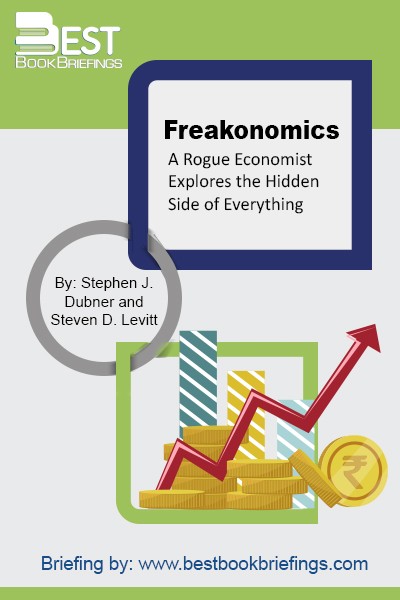
Incentives are the cornerstone of modern life. And understanding them or ferreting them out is the key to solving just about any riddle. It isn't just the boldface names inside-trading CEOs and pill-popping ballplayers and perk-abusing politicians¾who cheat. It is the waitress who pockets her tips instead of pooling them. It
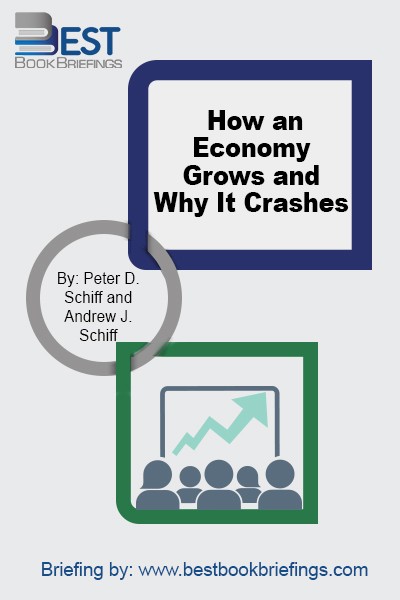
In 2007, when the world was staring into the teeth of the biggest economic catastrophe in three generations, very few economists had any idea there was any trouble lurking on the horizon. Three years into the mess, economists now offer remedies that strike most people as frankly ridiculous. We are told

The Millionaire Next Door identifies seven common traits that show up again and again among those who have accumulated wealth. You will learn, for example, that millionaires bargain shop for used cars, pay a tiny fraction of their wealth in income tax, raise children who are often unaware of their family’s
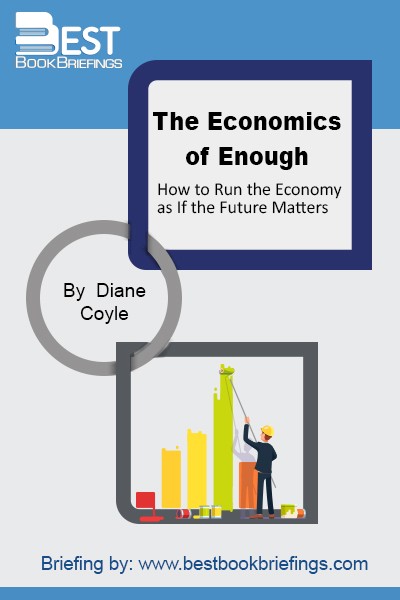
The world’s leading economies are facing not just one but many crises. The financial meltdown may not be over, climate change threatens major global disruption, economic inequality has reached extremes not seen for a century, and government and business are widely distrusted. At the same time, many people regret the consumerism
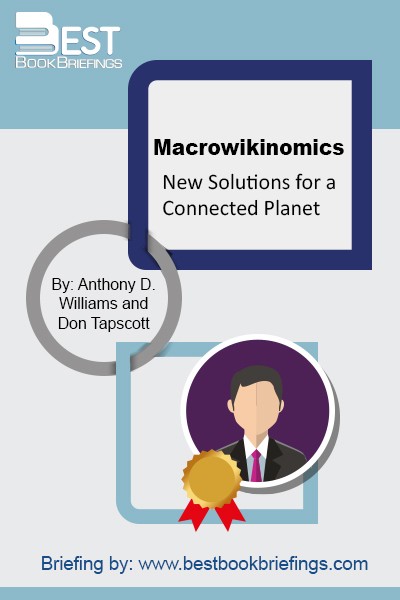
We look back at the time when the world began a historic transition from industrial capitalism to a new kind of economy based on new principles and new ways of thinking and behaving. And while there are certainly many similarities between what is happening today and what happened over five hundred
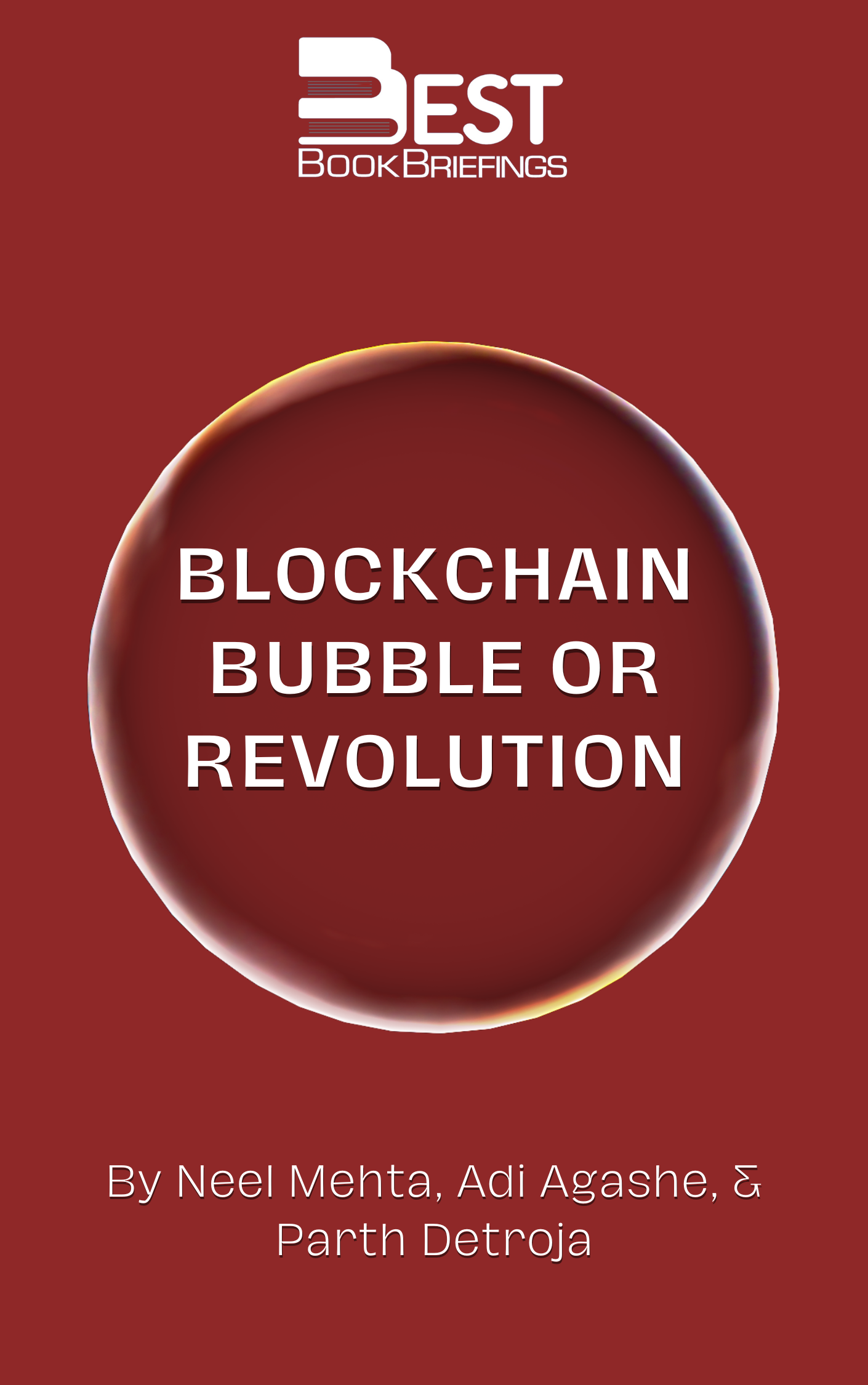
Some experts say that Bitcoin and cryptocurrencies are just a scam; others say they're the most important invention since the internet. Thus, whether you are bearish or bullish on crypto, Bubble, or Revolution, the book brilliantly articulates both sides of the argument and offers well-researched insight into the future of blockchain technology.



